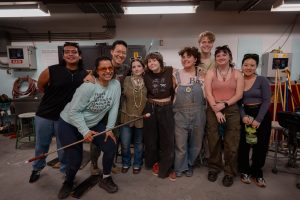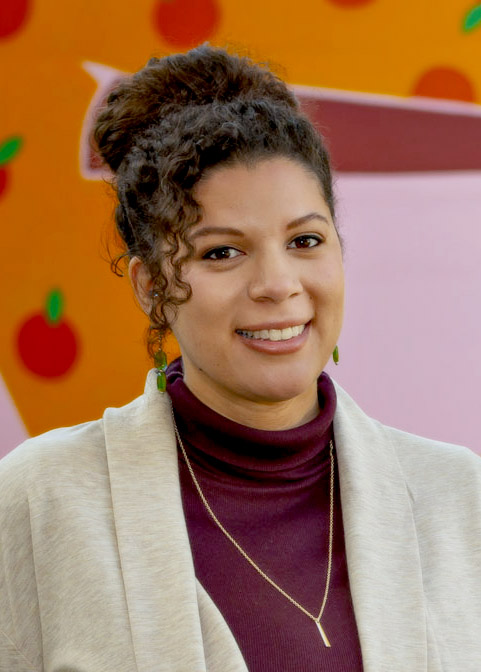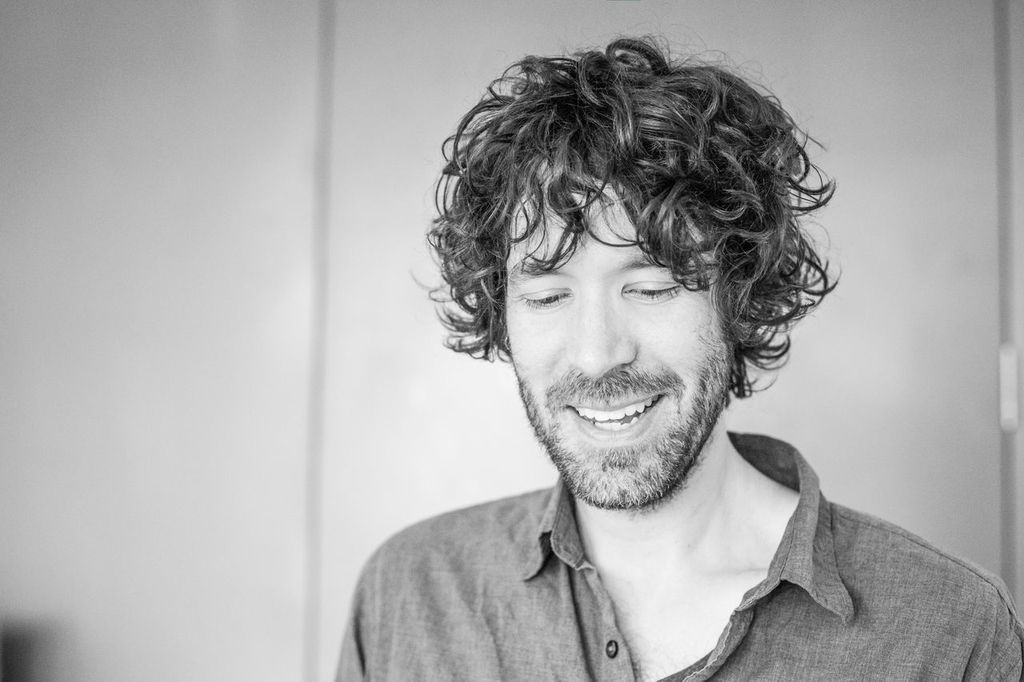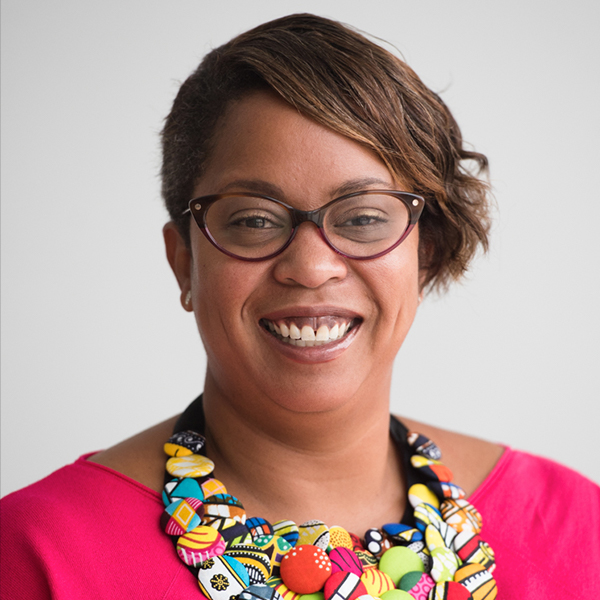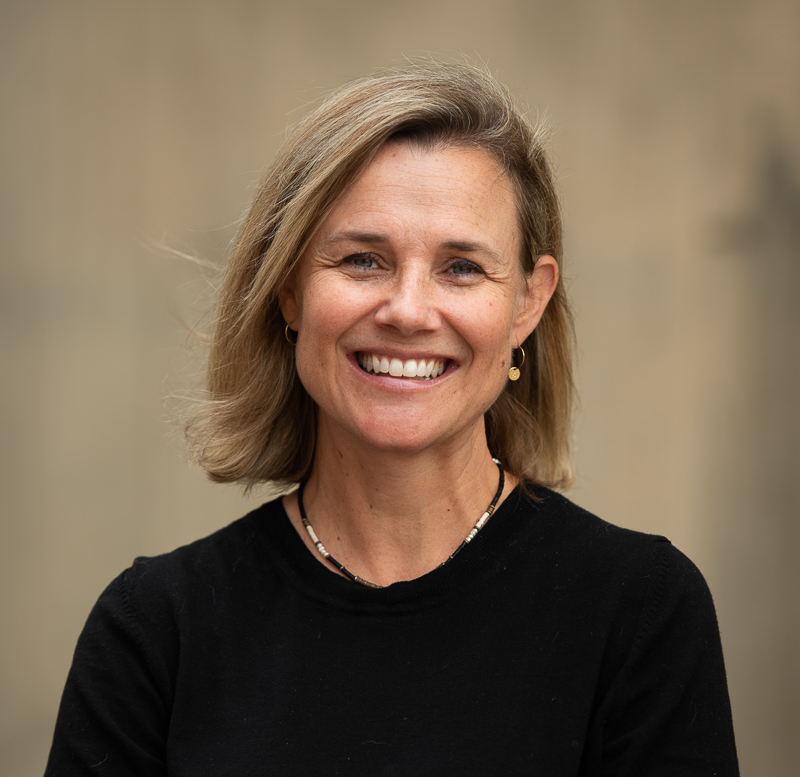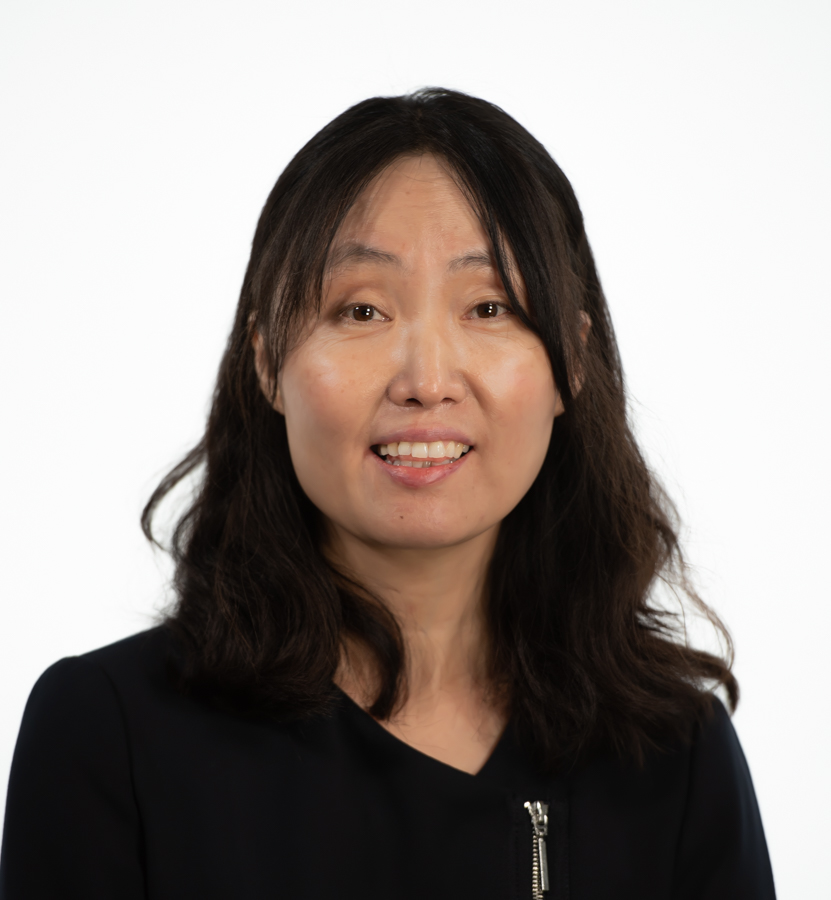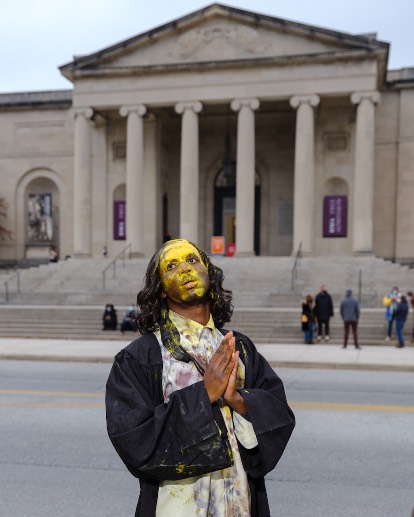Explore Our Resources
Wellness Resource Center
Stop by the Wellness Resource Center for help with sleep, stress management, sexual health, nutrition and recovery support.
Office of Multicultural Student Affairs (OMSA)
The Office of Multicultural Student Affairs has a dedicated staff who promote an appreciation of diversity through events, forums, scholarships and more.
Safe Zones
Places marked Safe Zone designate spaces across campus that offer support for LGBTQ+ students.
University Counseling Services
University Counseling Services provides therapy options, psychiatric services and an after-hours emergency line.
Accessibility
The Student Accessibility and Educational Opportunity (SAEO) office is the go-to place for support and accommodations to help students with disabilities succeed.
Our Mission
is to empower you to be your authentic self.
VCUarts Inclusive Excellence Statement
-
43% of our students come from minority backgrounds
-
21% are the first in their families to attend college
About the Comittee
The School of the Arts aims to provide equal opportunity and prohibits discrimination according to race, color, religion, national origin, age, sex, military status, sexual orientation, gender identity, gender expression, or disability in accordance with university policy. The mission of this committee is to help maintain this commitment.
The VCUarts Inclusive Excellence Committee are committed to eliminating bias and discrimination, dismantling systems of oppression, and promoting excellence and inclusion to create an environment in which all of our faculty, students, and staff can not only feel safe but thrive.
The committee addresses both the challenges and opportunities for growth and development by empowering students, faculty, and staff to create a more inclusive learning environment and sustain an equitable space for the production of culture.
The school’s position in the local community is a microcosm of the endemic systematic oppression concerning all professional creative industries in Richmond and beyond. In all fields of the arts, the impact of racism and underrepresentation is deeply felt and prohibits growth, innovation, and societal change.
The work of this committee is in keeping with the legal and policy guidance from VCU’s Division of Inclusive Excellence.
The committee is composed of representatives from each of the academic areas and administrative units of VCUarts (at a minimum) to ensure equal concerns are presented.
An environment of excellence and inclusion ensures and protects the education of students but also contributes/fosters/encourages the education of students. Diversity of faculty and curriculum fosters this growth. We acknowledge that statements of “diversity” are a tool of white supremacy to keep the status quo without action. As a community, we believe in justice-oriented action.
The Inclusive Excellence Committee stands with our students, staff, and faculty in striving for social justice, particularly through education and activism to include but not limited to:
- Standing in solidarity with one another for racial justice.
- Standing against anti-Black racism and police brutality.
- Standing against Asian hate and violence.
- Standing against antisemitism, Islamophobia, and other forms of religious nationalism.
- Standing against violence toward and erasure of LGBTQIA2S+ communities.
- Standing with immigrant communities, supporting their educational rights and pathways to citizenship.
- Acknowledging our occupation of unceded Powhatan Land and seeking to honor the traditions of past, present, and future of Indigenous Peoples.
- Standing for accessibility justice and seeking to combat ableist practices and ideation.
- Standing with veterans to support and sustain their transition from military life to academia.
- Standing for an individual’s affirmed gender identity, name, and pronouns by recognizing that individuals have the right to use names other than their legal name, identify with the gender they know themselves to be and utilize the pronouns that best fit them.
It is important to recognize the written histories of this country, Richmond, and this institution is fractured. Virginia Commonwealth University sits on the traditional homeland of the original caretakers, the Powhatan people. With respect and gratitude, the School of the Arts honors the many Indigenous peoples who have, do, and will call this land their home. We acknowledge that we have benefitted from the repeated attacks on Native Americans that forced these peoples’ land to be seized violently. This land seizure led to the era of economic development and rapid growth, making Richmond the city it is today. Let us also honor the enslaved people who built the wealth and foundation of this state and institution. We are obligated to our students and the Indigenous peoples now living in Richmond to do no further harm, amplify Indigenous and Black voices, and fight for justice.
We must recognize the histories of Virginia and the United States as complicit with the racism of white supremacy. We acknowledge that the arts have been used as a tool by this institution and, more generally, to colonize, gentrify and whitewash communities. A healing response to racism and past and current wounds will require honesty, empathy, and action.
We believe that our activism above is intersectional — what we mean by this is that justice and liberation for all means justice and liberation for all. If we leave out one of our above points, we are not cultivating the community that we aspire to be.
Jackie Mullins, Co-chair
Sara Reed, Communications Officer
Kaela Peters, Technology Officer
For any questions or concerns reach out to Holly Alford, VCUarts Director of Inclusive Excellence, at hpalford@vcu.edu.
